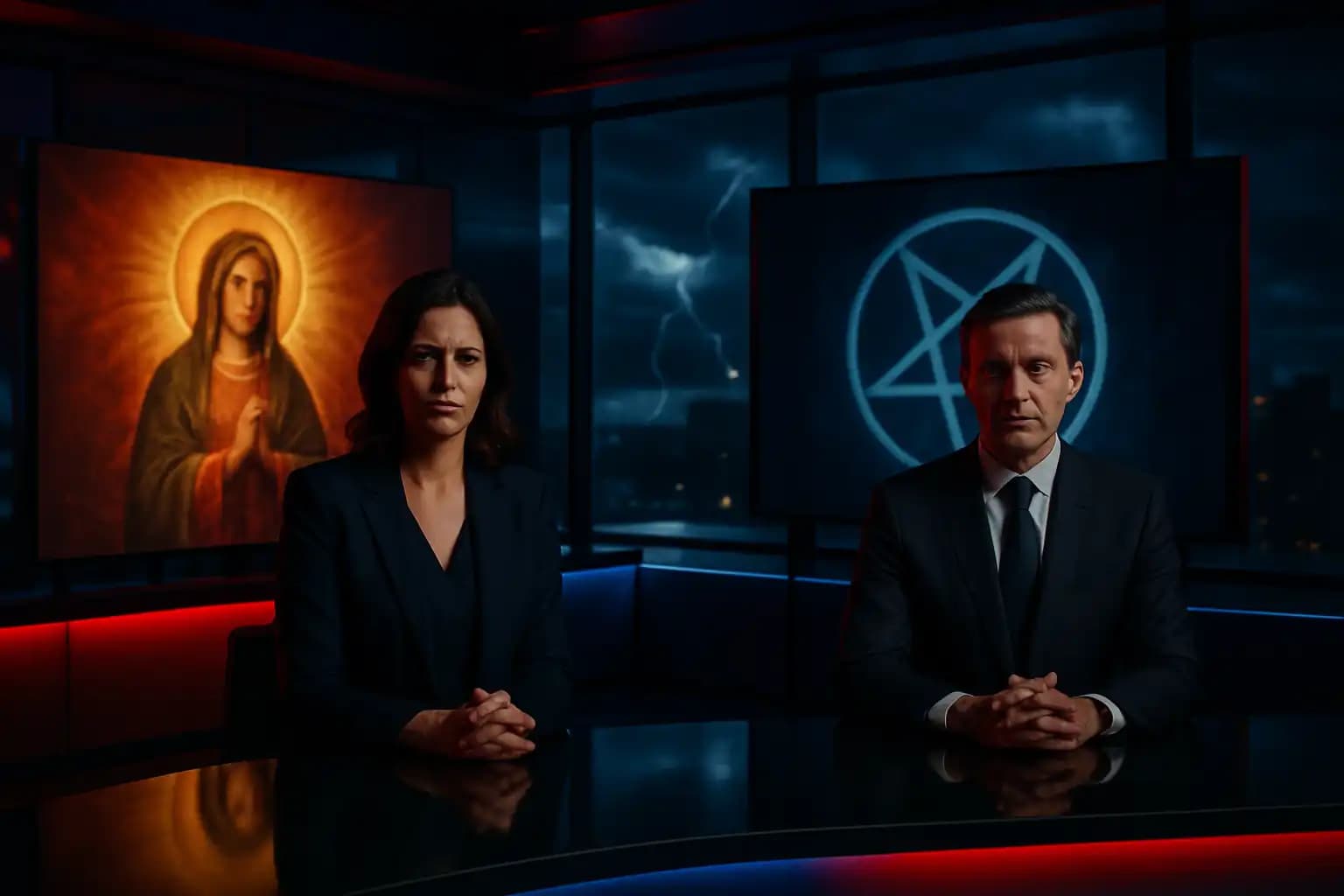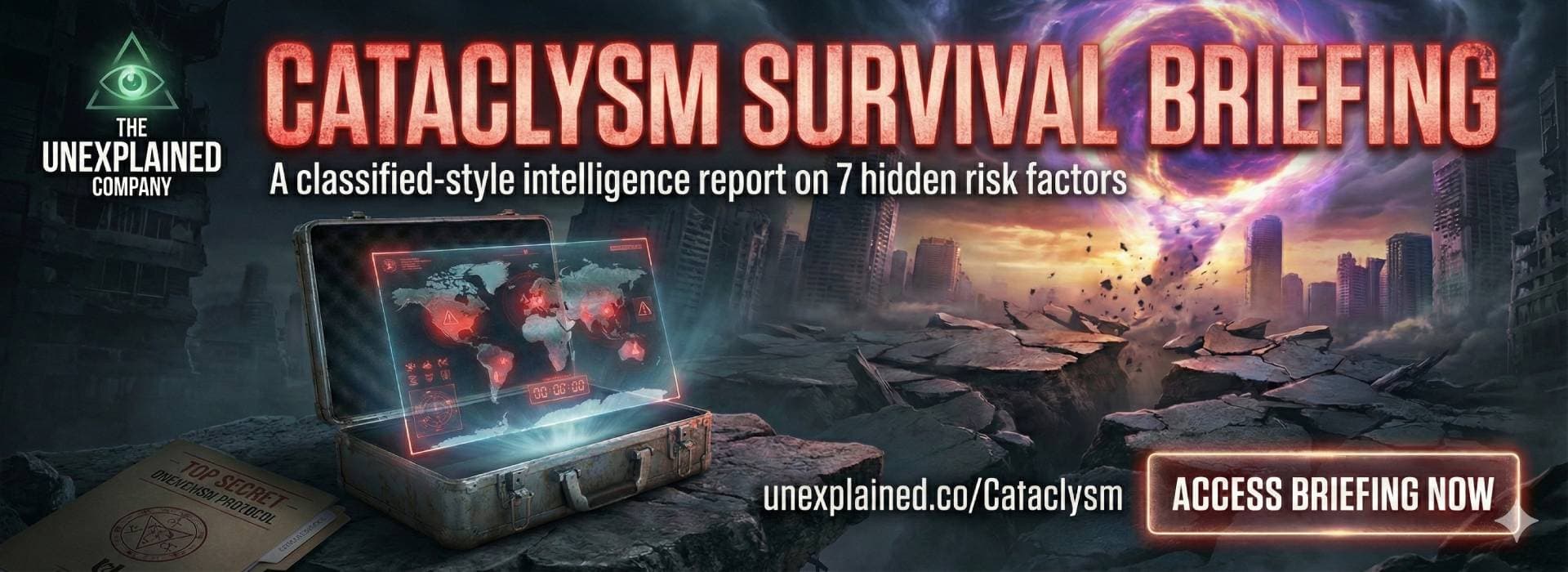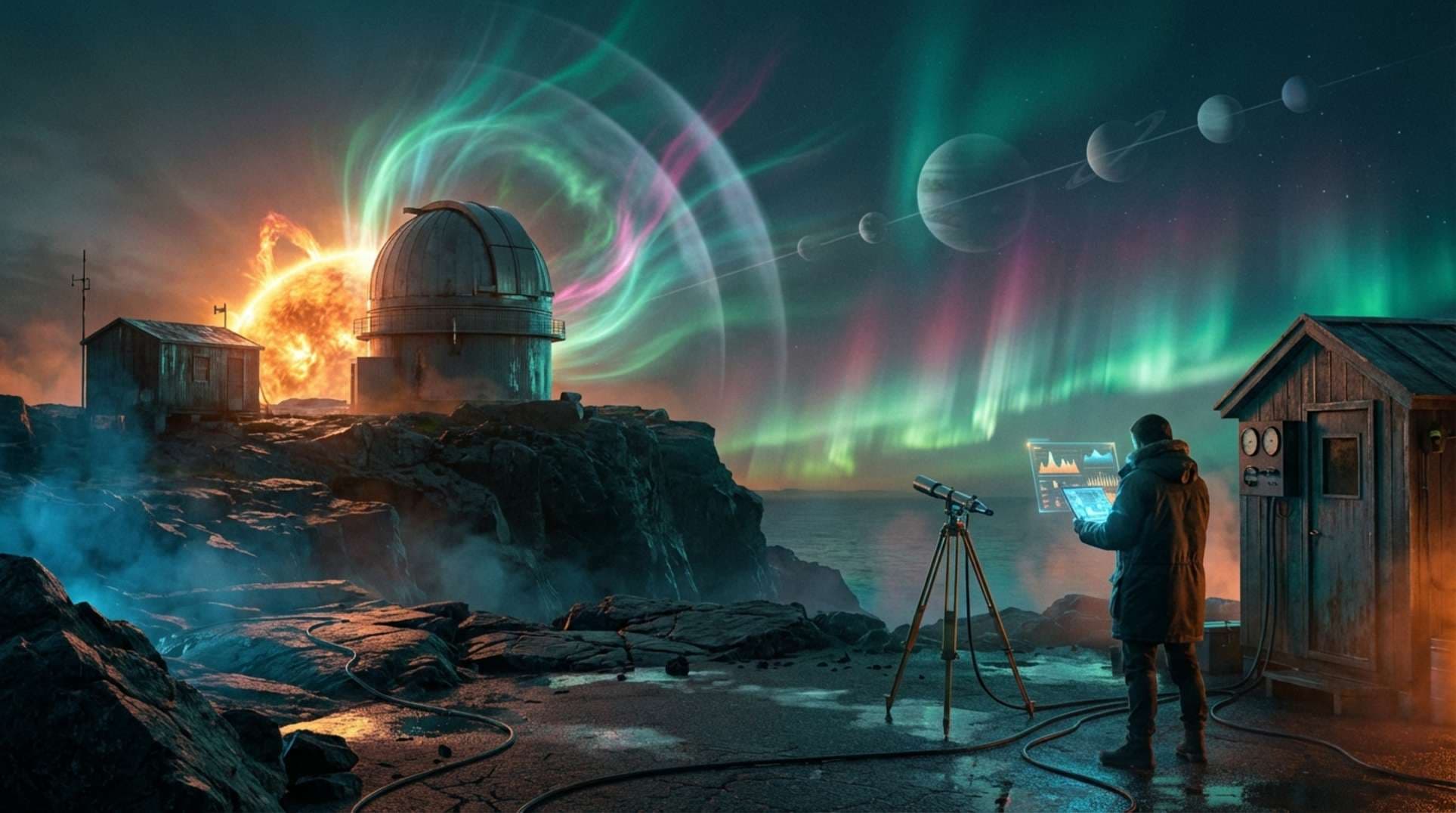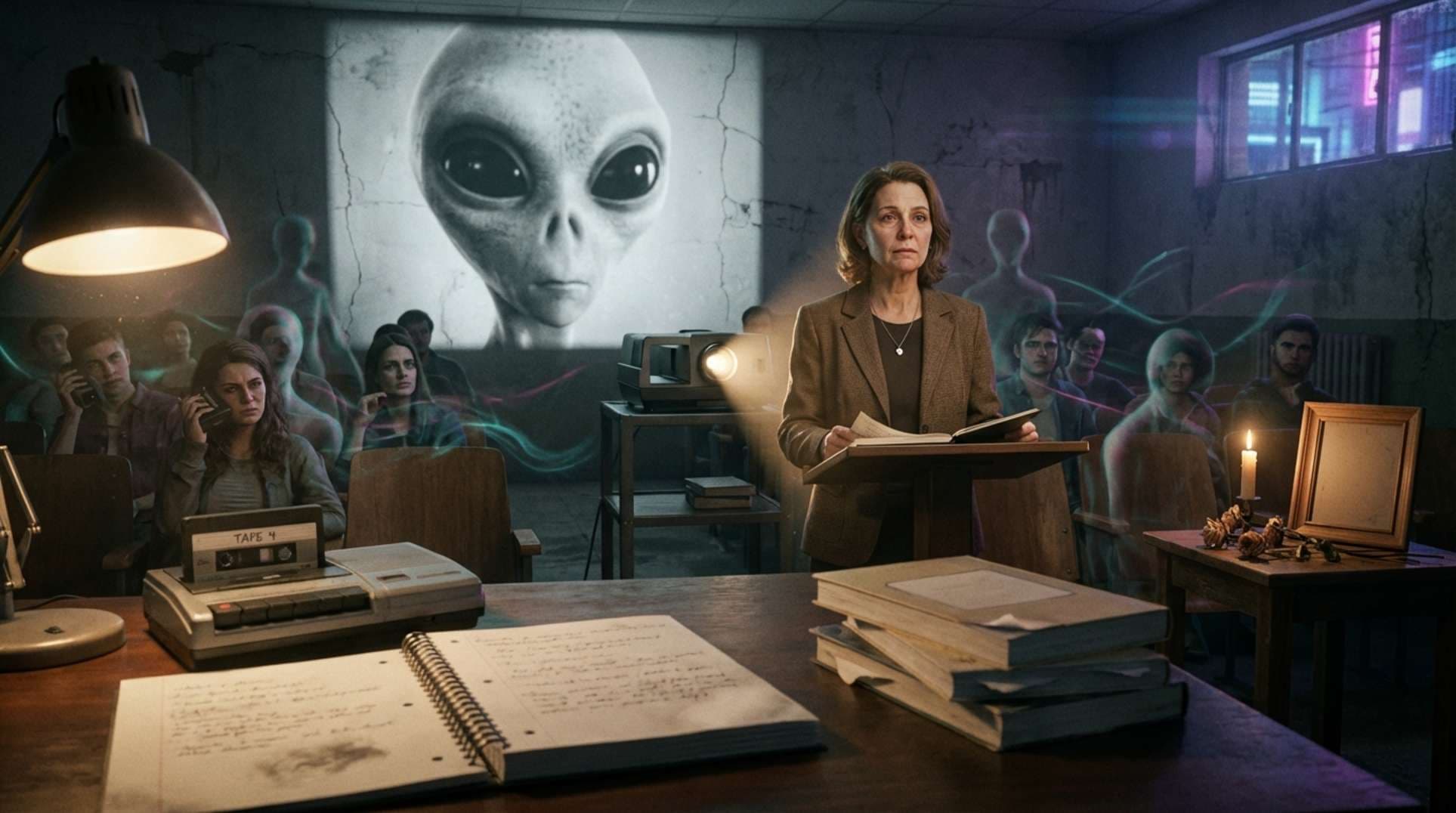Apocalyptic warnings and spiritual warfare are familiar to Alex Jones and Tucker Carlson, but their latest on-air partnership amplifies those anxieties. Their recent televised conversation, which stirs discussions in both religious and secular circles, highlights what they see as the ‘rise of the Antichrist.’ This narrative weaves scriptural prophecy with current concerns about global elites, AI, and the occult. What is genuinely at stake in these viral debates, and why are themes once limited to late-night radio now prominent in primetime?
Jones, Carlson, and the Turn to End-Times Rhetoric
A detailed feature by Charisma Magazine reveals their exchange about whether the Antichrist is emerging amid tech-driven globalism and spiritual malaise. Carlson cited billionaire Peter Thiel’s comments on the risk of ‘messianic’ technology or leaders, while Jones described a world where faith collapses under occult manipulation and societal change. These ideas echo the Antichrist’s theological history, raising fresh questions about the boundaries of Christian belief in a data-driven age.
This narrative, amplified by viral clips and polarizing commentary, connects to ongoing cultural shifts discussed in this analysis of power and surveillance. It shows how old spiritual language now fuels debates on state power, technology, and freedom.
The Occult, Conspiracy, and the Battle for Christian Identity
Claims of occult targeting against Christianity aren’t new, but the public tone is growing more intense. Recent research from Penn State University indicates that major political changes often spur increased engagement with occult themes—not always as direct resistance, but as alternative sources of meaning and power. According to Christian Research Institute experts, interest in the occult rises as traditional religious authority diminishes, merging superstition with modern fears.
In the Jones-Carlson narrative, the supposed convergence of occult actors and anti-Christian sentiment is depicted as a national security threat. Conversations about infiltration, spiritual decline, and even the dualities in current AI coverage clarify why apocalyptic rhetoric resonates so strongly today.
Christian Nationalism, Conspiracy, and 2024’s Political Theater
Their arguments often verge into the expansive and contentious topic of Christian nationalism. As reported by Mother Jones, Carlson argues that U.S. Christians face siege from secular, progressive, and even occult forces aiming to erase the nation’s faith heritage. For Jones, these currents signal a culture war, representing an existential battle between ‘good and evil.’ He occasionally invokes conspiratorial frameworks that resonate with older American anxieties about anti-Christian plots.
Internal media analysis supports this by indicating that these discussions mirror past cycles. They echo the techno-utopian conflicts depicted in this Silicon Valley feature and the global transformations outlined in reports on military power.
Why It Matters: Apocalyptic Visions, Media Power, and Ordinary Belief
This new surge of apocalyptic and occult-themed discussion goes beyond mere media spectacle—it shapes how people view their place in the world and interpret their neighbor’s intentions. Critics argue it exaggerates elite-driven occult agendas and deepens social divides. Yet for many, it taps into genuine fears: the breakdown of community ties, confusion over values, and rapid technological change. From modern survivalist psychology to the disintegration of shared narratives in archival congressional reporting, the intersection of faith, conspiracy, and media increasingly represents a battleground for identity—and sometimes faith itself.
For ongoing reporting at this intersection of religion, technology, and power—and for evidence-based context that transcends panic—bookmark Unexplained.co. Whether you’re concerned about the Antichrist or just seeking clarity in chaotic times, the fallout from Jones and Carlson’s partnership demonstrates that the struggle for faith and narrative is just beginning.





